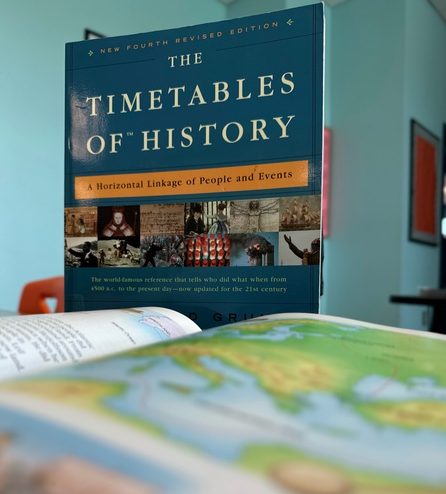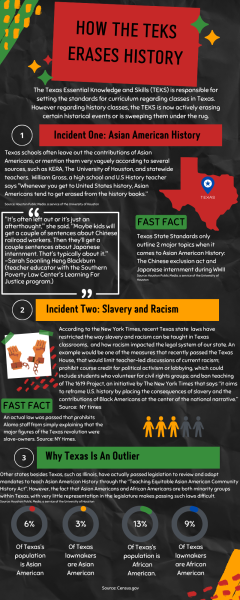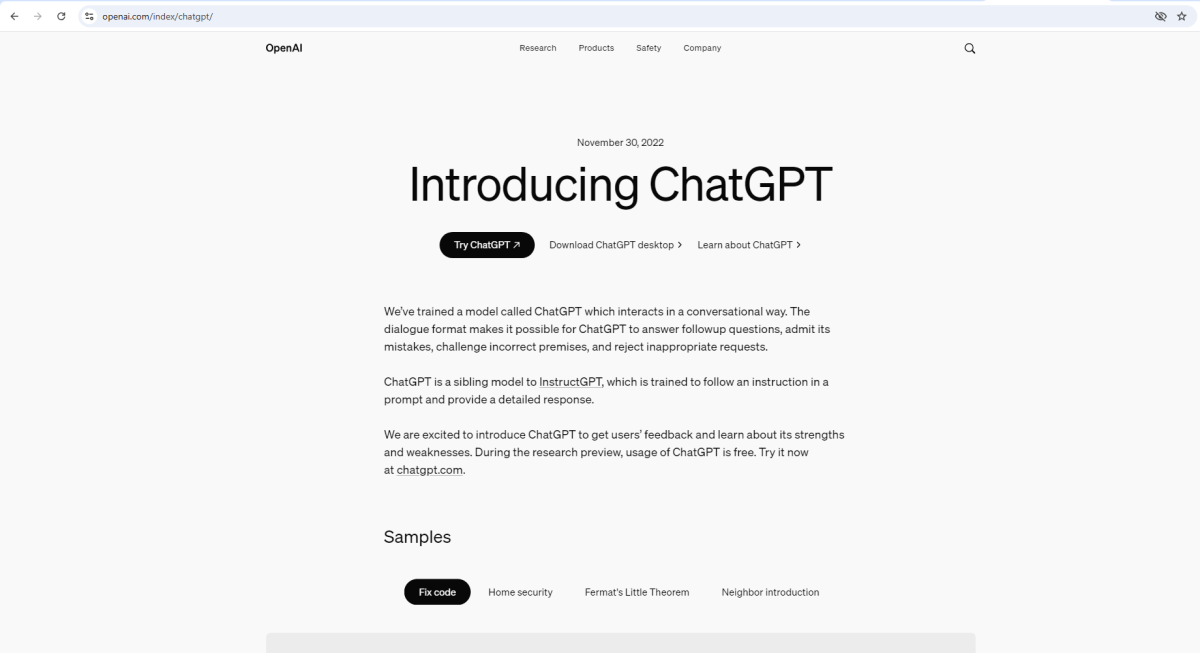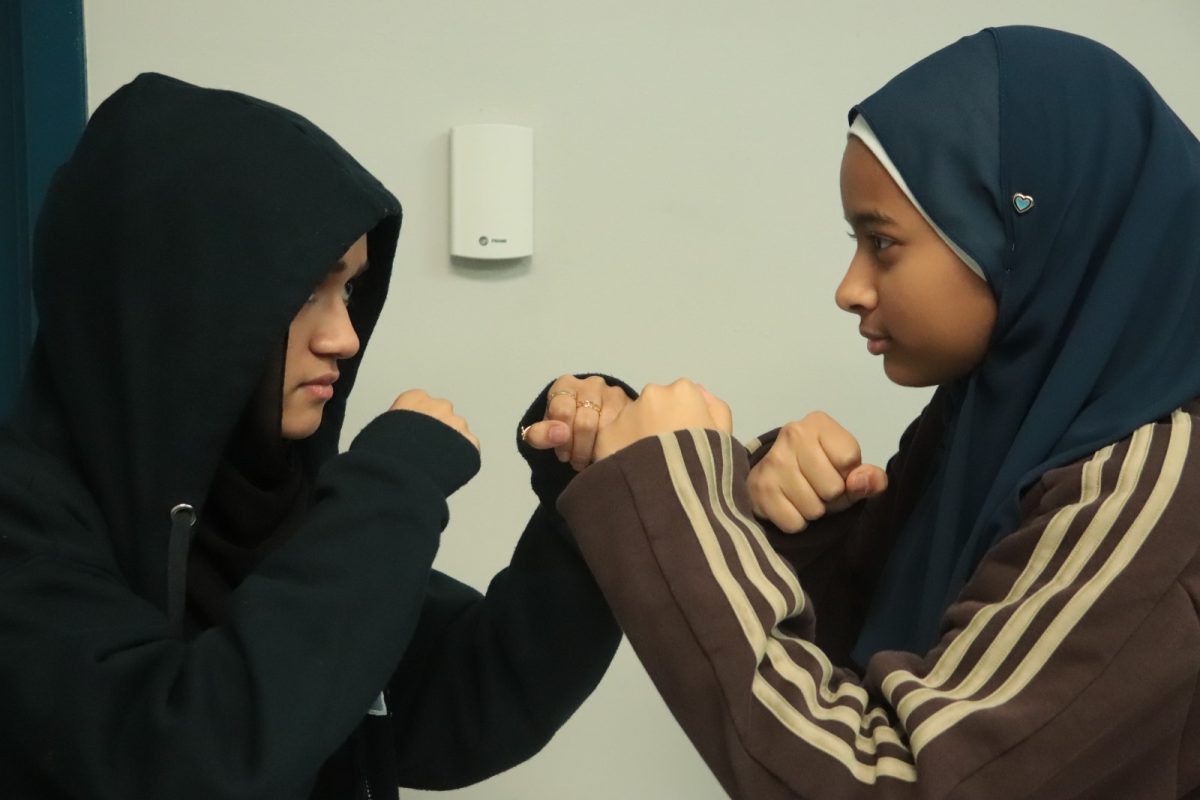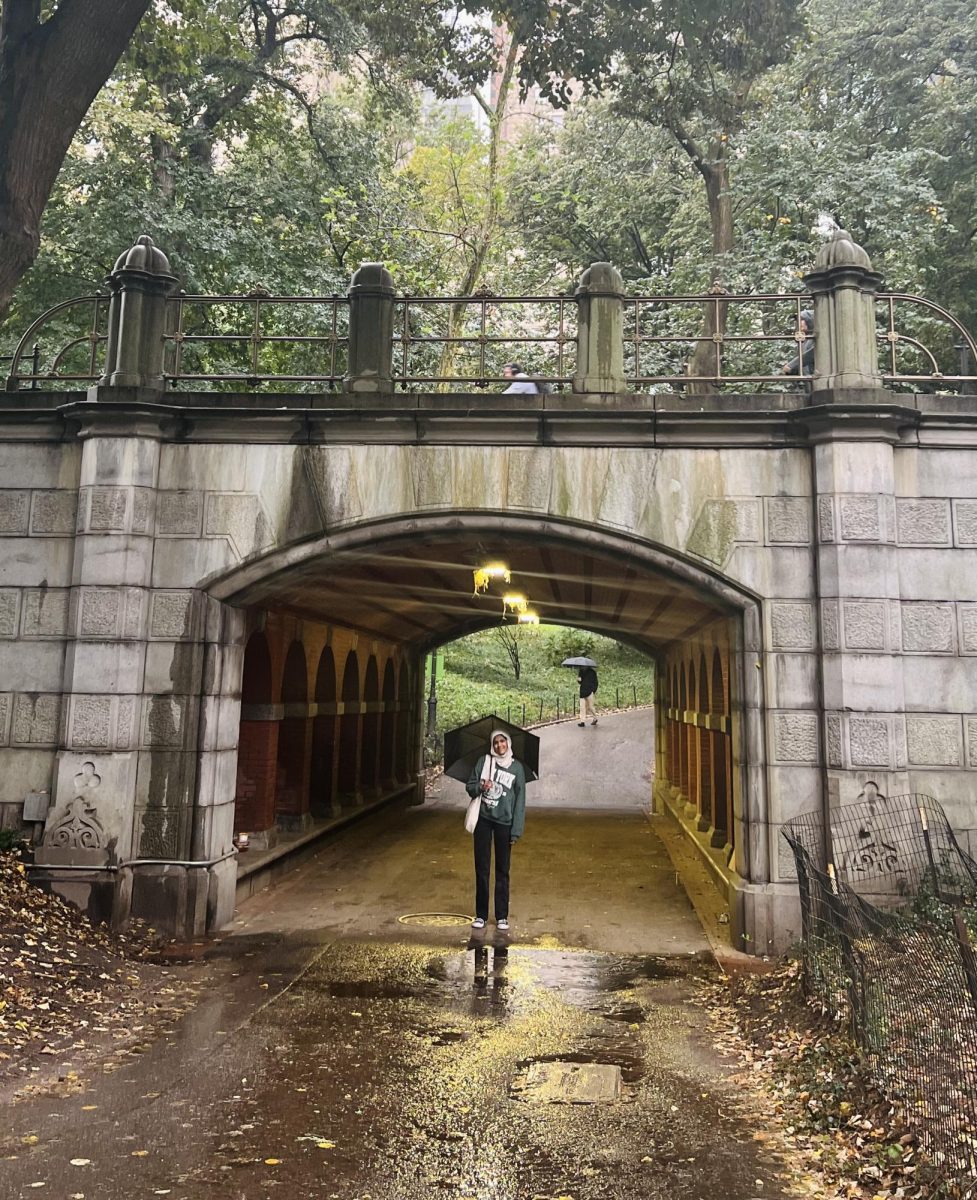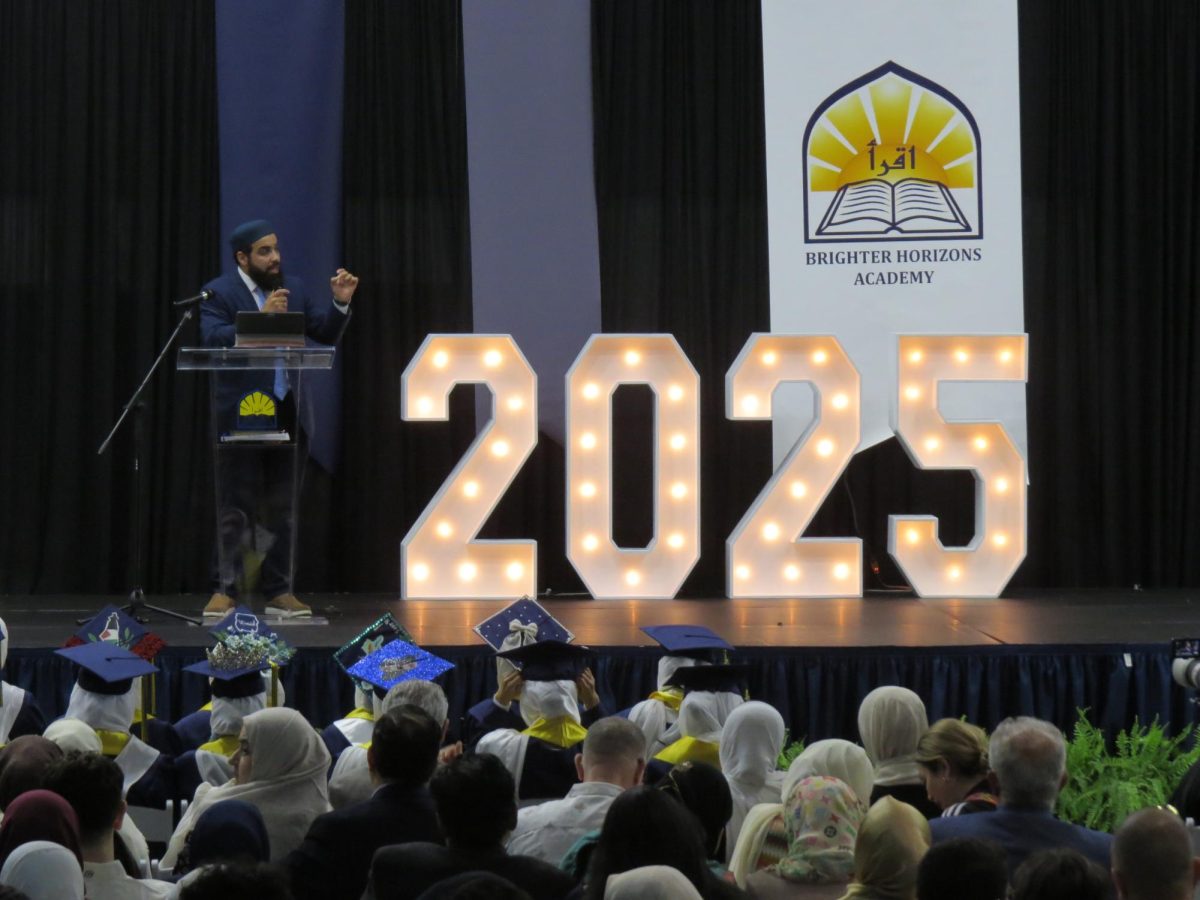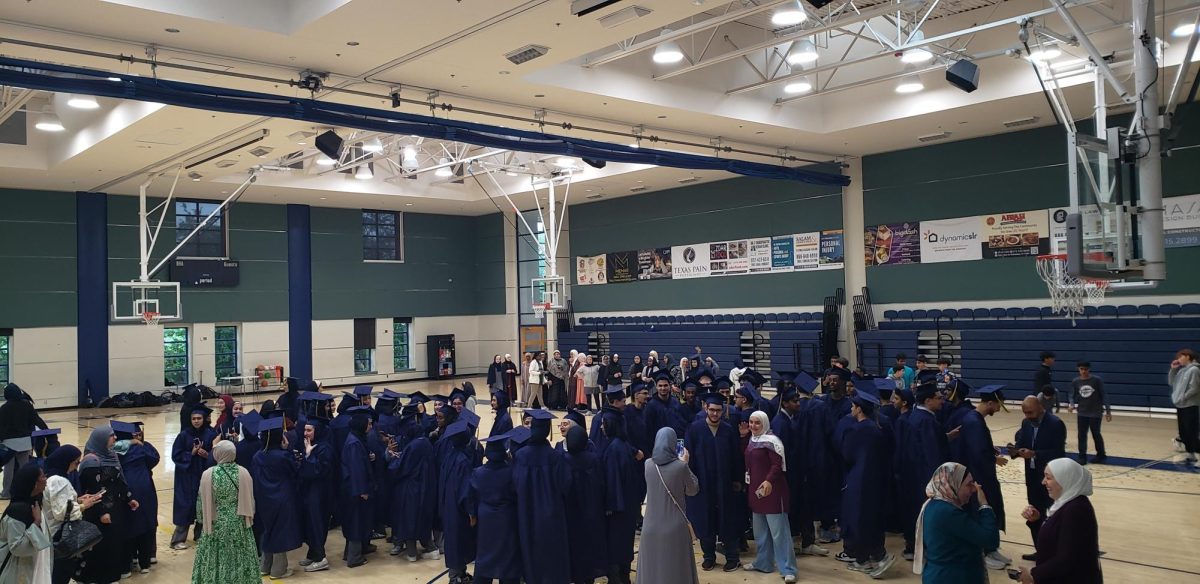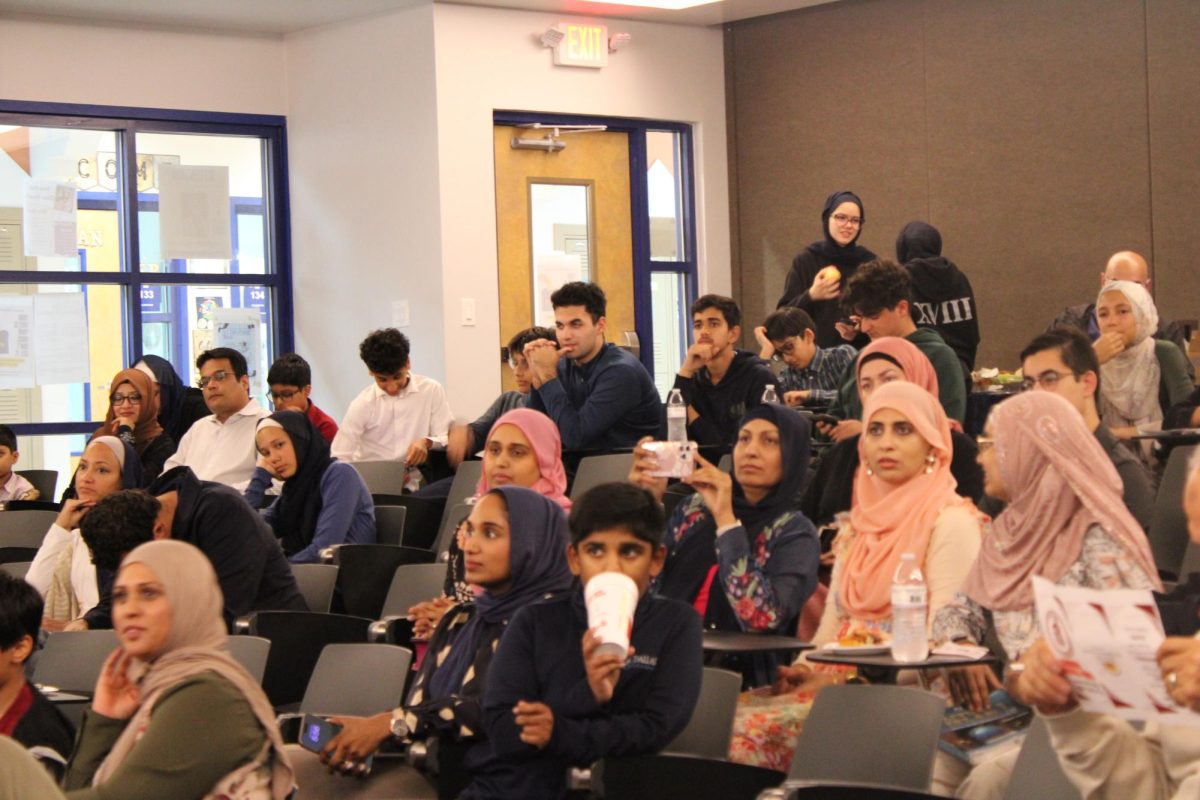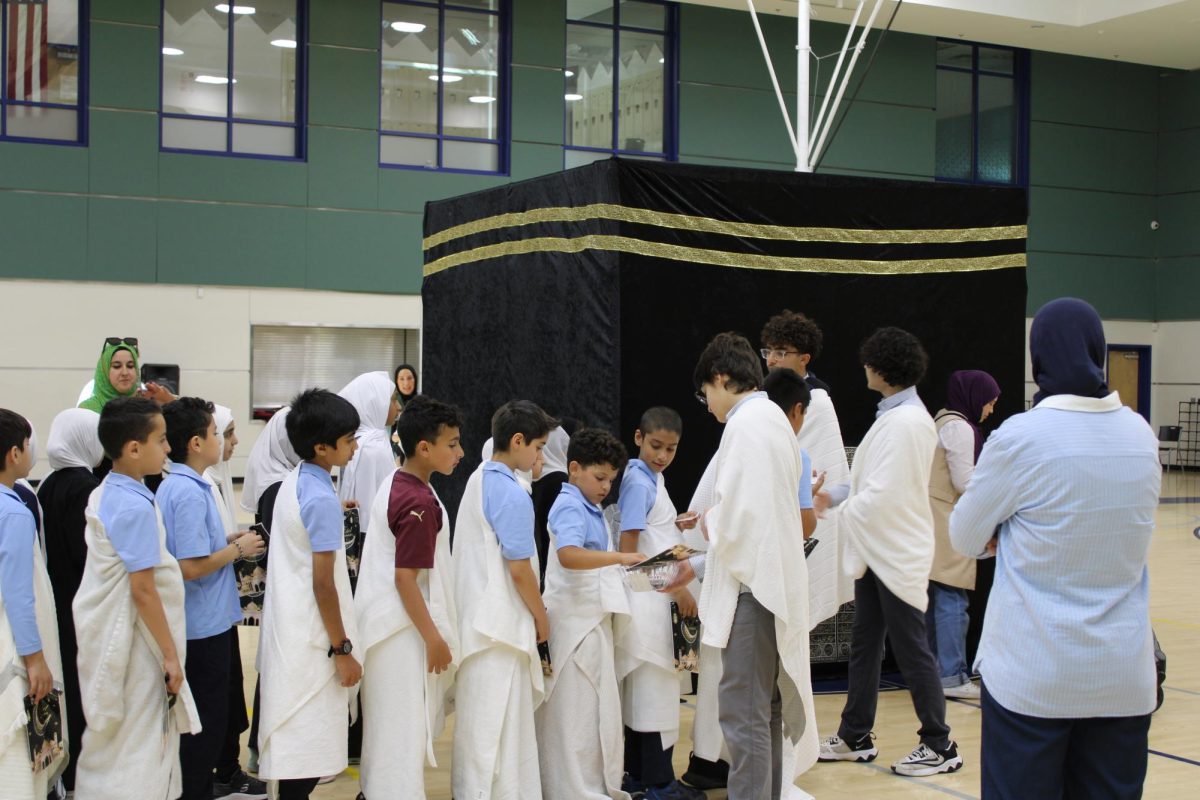A chilling wind swept through our encampment in Valley Forge, where 12,000 revolutionaries stood united but starving, facing the bleak certainty of death by freezing or starvation. In those desperate moments, an unlikely savior emerged – the Oneidas. Their journey of 300 miles through freezing winds and deep snow was a testament to the human spirit. With 600 baskets of white corn, they fed us, tended to our ill, and kindled the flames of hope. It was their corn that kept Washington’s men alive that winter. Yet, within a year, those same hands turned on the Oneidas, ravaging their villages. How could gratitude morph into oblivion? How could the hands that fed become the hands that razed? The Oneidas’ sacrifice faded into collective memory’s mist, while betrayal’s echoes reverberated across generations. This haunting question lingers – why?
For many, history seems the most boring and easily forgotten subject. Students particularly despise it, dismissing it as a collection of lifeless dates. However, the truth is, history is vital. It reveals the consequences of past actions and provides guidance to avoid repeating them.
The importance of history can be further exemplified by a famous quote from George Santayana: “Those who cannot remember the past are condemned to repeat it.”
Understanding the past is the key to informed decision-making in the present. Without historical context, decisions lack depth, and consequences remain obscured.
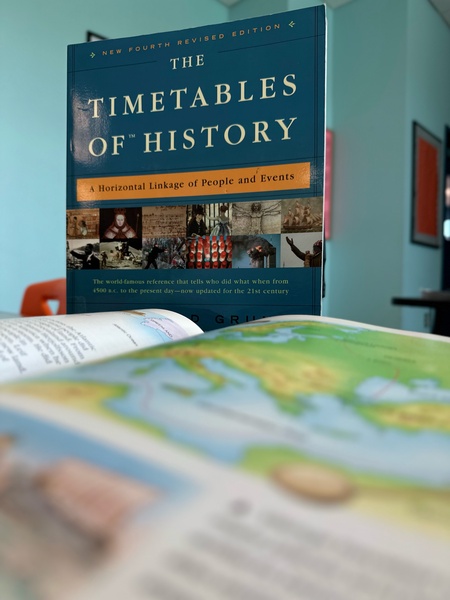
Ms. Jaena Holcombe, a high-school English teacher, shares her thoughts on history. “Studying history is one of the only ways to avoid repeating mistakes that have devastated and caused suffering to humanity.” Although one can find many lessons in history, it often wears the mask of boredom, primarily due to how we teach it. Emphasizing dates over lessons, history classes often breed negativity and boredom. Consequently, students then view history as useless and dull, failing to grasp its significance. “Students associate history with dates and dead guys. But the truth is that it’s more important to learn the events than the dates, so the education system does take some blame,” says Fatimah Elnashar, middle and high school librarian.

“Society, parents in particular, do not encourage or give as much importance or necessity of learning history as say mathematics, language skills, or scientific topics”, says Ms.Holcombe.
A cascade of devastating mistakes, repeating due to historical neglect, and forgetfulness, fills our past. The tragic fate of the Oneidas is not unique; it’s a recurring theme in human history. The current conflicts in Palestine/Israel and Russia/Ukraine reflect the dire consequences of forgetting history. “I think the current Palestine/Israel situation is a wake-up call for the importance of not remembering or understanding history. Moreover, Russia and Ukraine have fought their current war time and time again, as well.” – Jaena Holcombe, high school English teacher.
As time advances, this issue worsens. Educational curricula sometimes omit or alter historical events, distorting reality. The TEKS for Texas history, for example, downplay the extent of Asian American history and slavery and racism, erasing essential narratives. “It’s not even about forgetting history anymore; it’s literally about erasing history, so the issue has been getting worse”, says Ms. Elnashar.
Nowadays with technology’s prevalence, one may wonder why history isn’t diffusing like memes or blogs. The answer lies in history’s unpopularity. While some try promoting it on social media, few show interest. Ms.Elnashar shares her thoughts, “With history and social media, it’s there, but people just have to want to learn it.”
History empowers people by offering context for informed decisions. It provides insight into what happens when certain mistakes are made. “More informed decisions come from having a historical context”, says Ms. Elnashar. To preserve history, we must find engaging ways to teach it. Storytelling, with its enduring impact, can breathe life into historical narratives. In addition, finding creative ways to teach history in a fun way is also crucial.
“We enjoy stories, and that excites and stays with us”, Ms. Holcombe emphasizes.

Should the idea of remembering history disappear, humanity risks navigating the future without knowledge of past pitfalls.
“In the absence of history’s echoes, we stumble blindly into the future, unaware of the pitfalls that lie ahead.” – Fatimah Elnashar.

